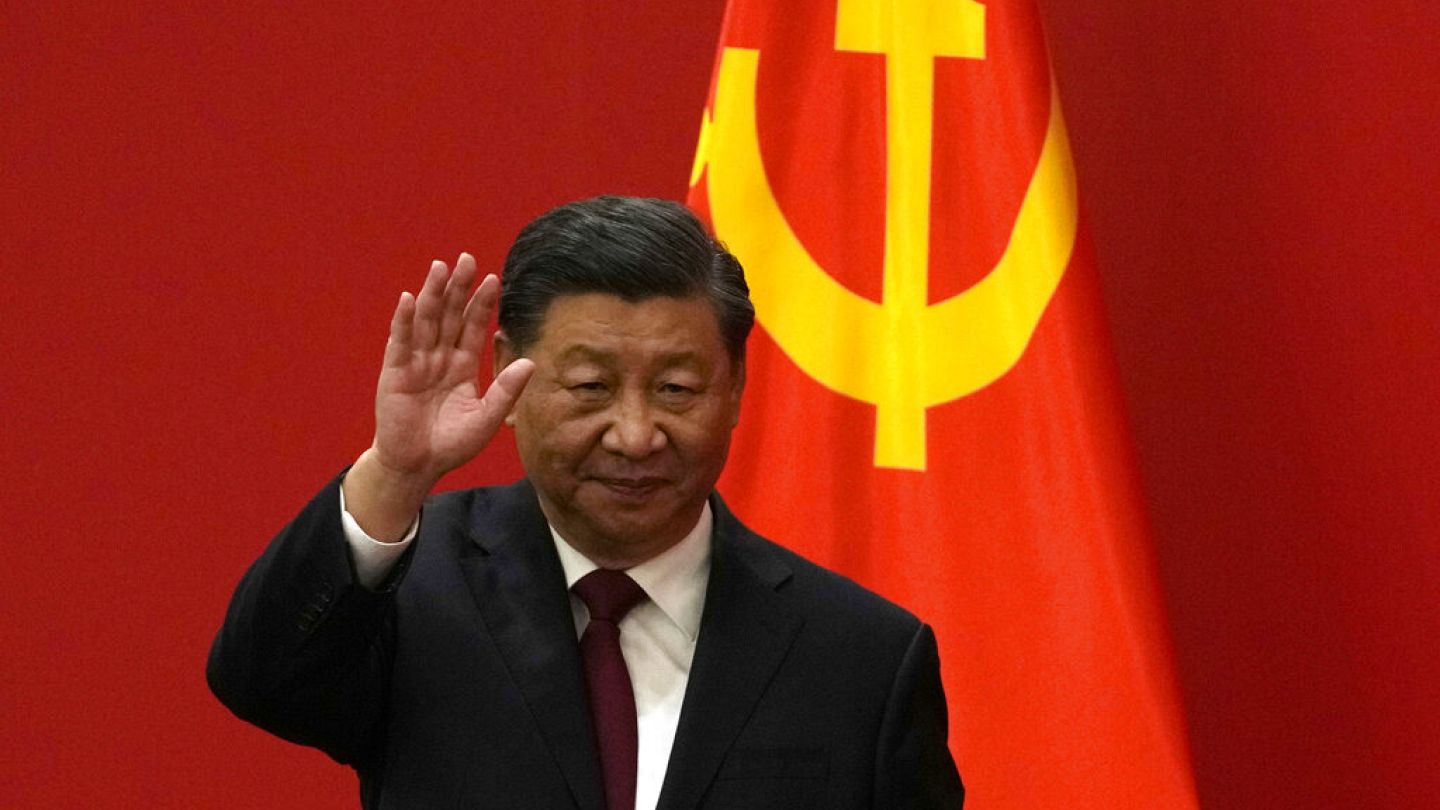20 Years Since the Iraq War: US Must Not Weaken Involvement in the Middle East
The war came to a close with the U.S. military's withdrawal in 2011. After the collapse of Hussein's regime, a new administration, heavily influenced by the majority Shiite Islamic sect, took over as Iraq's leaders.
The changing dynamics in the Middle East cannot be overlooked. Iraq's neighboring country, majority-Shiite Iran, is strengthening its presence in the region. While U.S. involvement in the Middle East is steadily decreasing, China and Russia are strengthening their own advances in the area to take advantage of this gap.
To prevent despotic influences such as China and Russia from reshaping the power structure in the Middle East for their own convenience, the U.S. must strive to maintain its influence in the region.
Even though it is only natural for the U.S., which positions China as its "only competitor," to prioritize investing its strategic resources in East Asia, U.S. involvement in trying to stabilize the Middle East is just as important.
The U.S. made huge expenditures in the Iraq War and sacrificed many soldiers. Some people in the U.S. are now advocating an isolationist position of avoiding involvement with other countries. Nevertheless, the U.S. must not hesitate to intervene in situations such as Russia's invasion of Ukraine.
The U.S. asserted that the sole reason for starting the Iraq War was because Iraq possessed "weapons of mass murder," but the U.S.' reputation was scarred, without any vital weapons being found. Even so, Libya abandoned the development of its nuclear program, fearing U.S. military involvement, and this has also contributed to nuclear nonproliferation in the Middle East.
The key to stabilizing the Middle East is dealing with Iran. Iran, which is advancing its nuclear development program, is a serious risk to the region.
After the Iraq War, in 2021, the redeployed U.S. military concluded its combat mission to mop up an extreme Sunni Islamic organization known as the Islamic State group. But even afterward, about 2,500 troops continued to be stationed there for reasons such as training Iraqi troops. The continued presence of U.S. troops is critical to prevent Iraq from falling completely under Iran's influence.
The U.S. should also quickly restore its relationship with its Saudi Arabian ally. There is antagonism between the two countries stemming from the murder of a dissident Saudi journalist. With this situation in view, China has acted as an intermediary to normalize relations between Iran and Saudi Arabia. The U.S. must acknowledge the stark reality that its leadership position in the Middle East, based on its foothold in Saudi Arabia, is under threat.
To tackle these problems, U.S. President Joe Biden's administration must promptly reconstruct its Middle East strategy.

